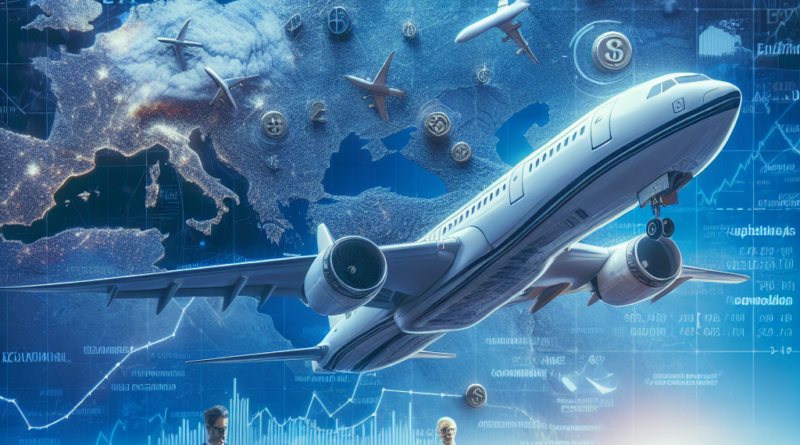Experts Warn: “Don’t Travel by Plane in Europe, Here’s Why”
Experts Recommend Avoiding Air Travel in Europe
Experts advise against traveling by plane in Europe, even if there is no immediate safety threat as commonly perceived.
The concern lies in the pollution and the significant environmental impact of European flights, which are often unnecessary.
This issue has been brought to light by engineer Linda Christensen, a retired researcher at the Management Department of the Technical University of Denmark, where she specializes in transportation and long-distance travel.
With extensive experience, especially in the field of Danish transportation, Christensen has developed an interesting (yet perfectly sensible) habit.
Specifically, when traveling within European borders, she strictly opts for train journeys, reserving air travel only for very long distances, such as from Denmark to the United States.
This choice stems from a profound awareness of the enormous responsibility air traffic bears on environmental pollution and its climate-related consequences.
For this reason, like many other experts, she urges against air travel in Europe.
Here’s why.
Air Travel in Europe: The Pollution Peril
Aircraft, like many other means of transport, have a negative environmental impact and should be used conscientiously.
However, assessing the environmental impact caused by transportation is not a straightforward matter.
There are numerous variables to consider, extending beyond the pollution generated by individual modes of transport.
For instance, using public transportation rather than cars is preferable because the former can accommodate far more individuals.
In general, traveling by train is the most eco-friendly choice, whereas air travel is on average the least sustainable mode of transport, with notably high greenhouse gas emissions.
Specifically within Europe, air travel is particularly condemned for two distinct reasons.
Firstly, there is a significant overuse of flights, which occur daily in large numbers and often without justifiable time constraints.
Secondly, and inherently linked to the previous point, the distances between European capitals are sufficiently short to warrant minimizing flights.
The brevity of flights indeed emphasizes another crucial issue: the concentration of the most important and polluting phases of a flight (take-off and landing) over short distances, leading to considerable energy waste.
This is not only due to the relative proximity of major European destinations but also the fact that a significant portion of Europeans opt for air travel to these locations rather than farther ones.
How Polluting Are Aircraft in Europe?
Expert Linda Christensen has focused on her area of expertise, air transportation in Denmark, noting that in the vast majority of cases, planes are used to reach destinations within European territories that are easily accessible by other means of transport.
According to the researcher, this trend is shared by other travelers across Europe.
Conversely, air travel should be favored for longer journeys, proportionally reducing environmental impact.
Nonetheless, more sustainable options such as diesel trains should be prioritized.
To offer objective comparison, let’s now analyze the CO2 emissions of the most commonly used transportation modes per kilometer traveled.
These figures provide a median perspective for better understanding this evaluation:
- Airplane: 140 grams of CO2 per kilometer
- Car: 118 grams of CO2 per kilometer
- Truck: 158 grams of CO2 per kilometer
- Train: 44 grams of CO2 per kilometer
Despite this, on an urban level, cars and mopeds remain the primary contributors to environmental pollution, being widely – and often improperly – utilized.
This is notably highlighted in the 2023 European report, where railway transportation’s impact is significantly lower than all other modes of transport.




